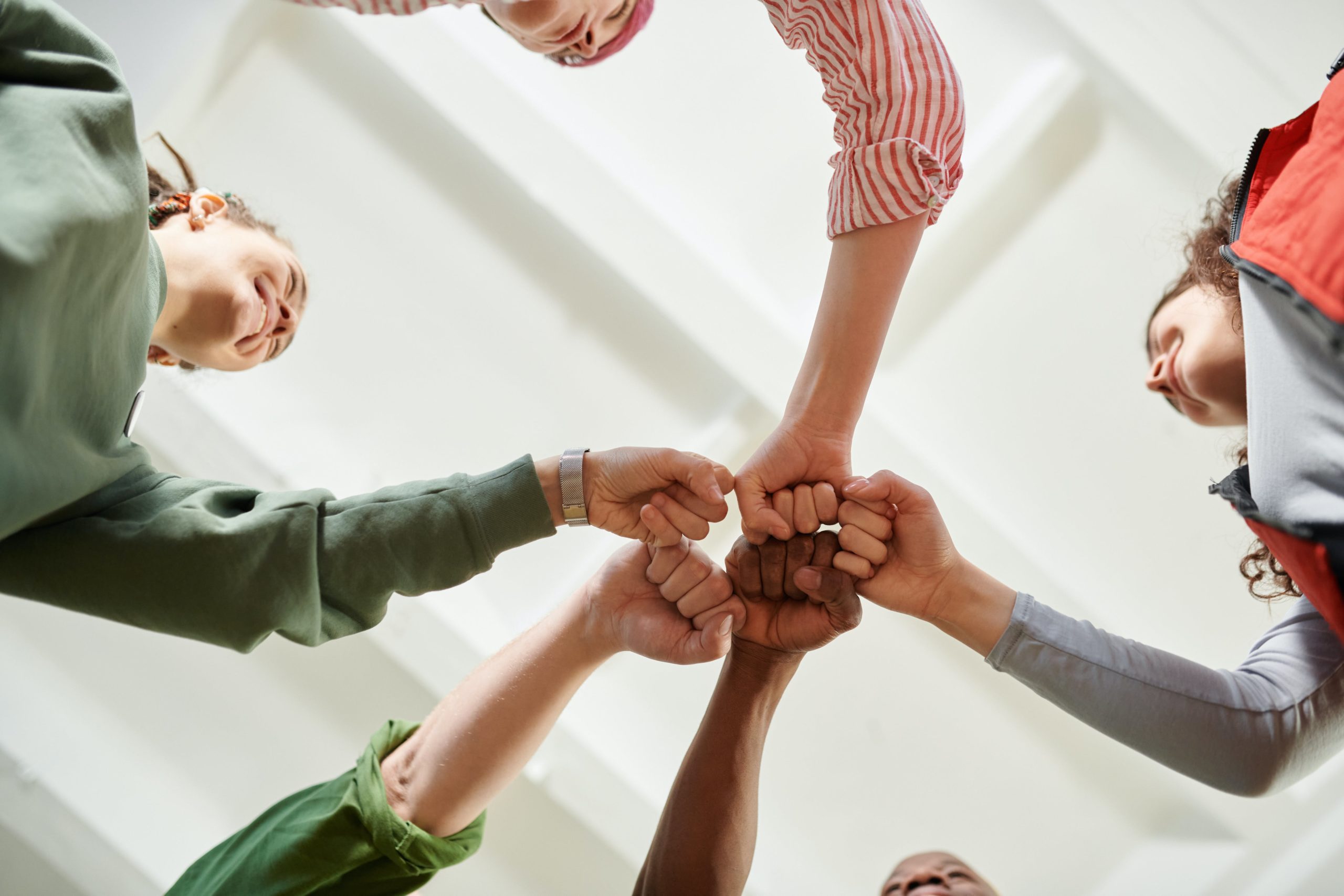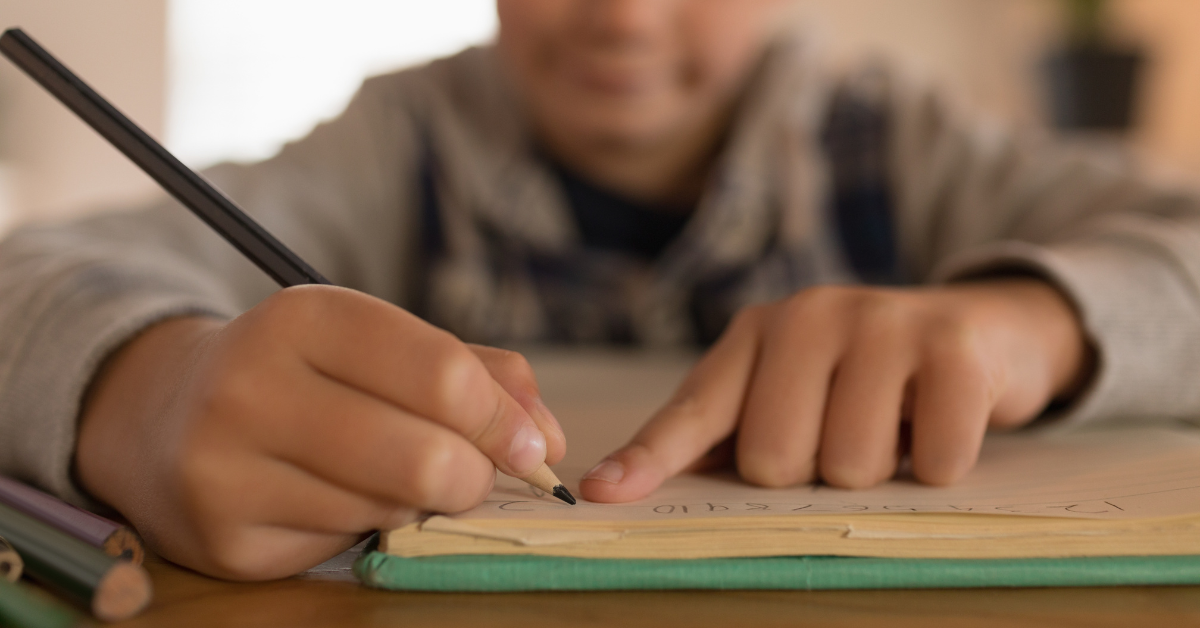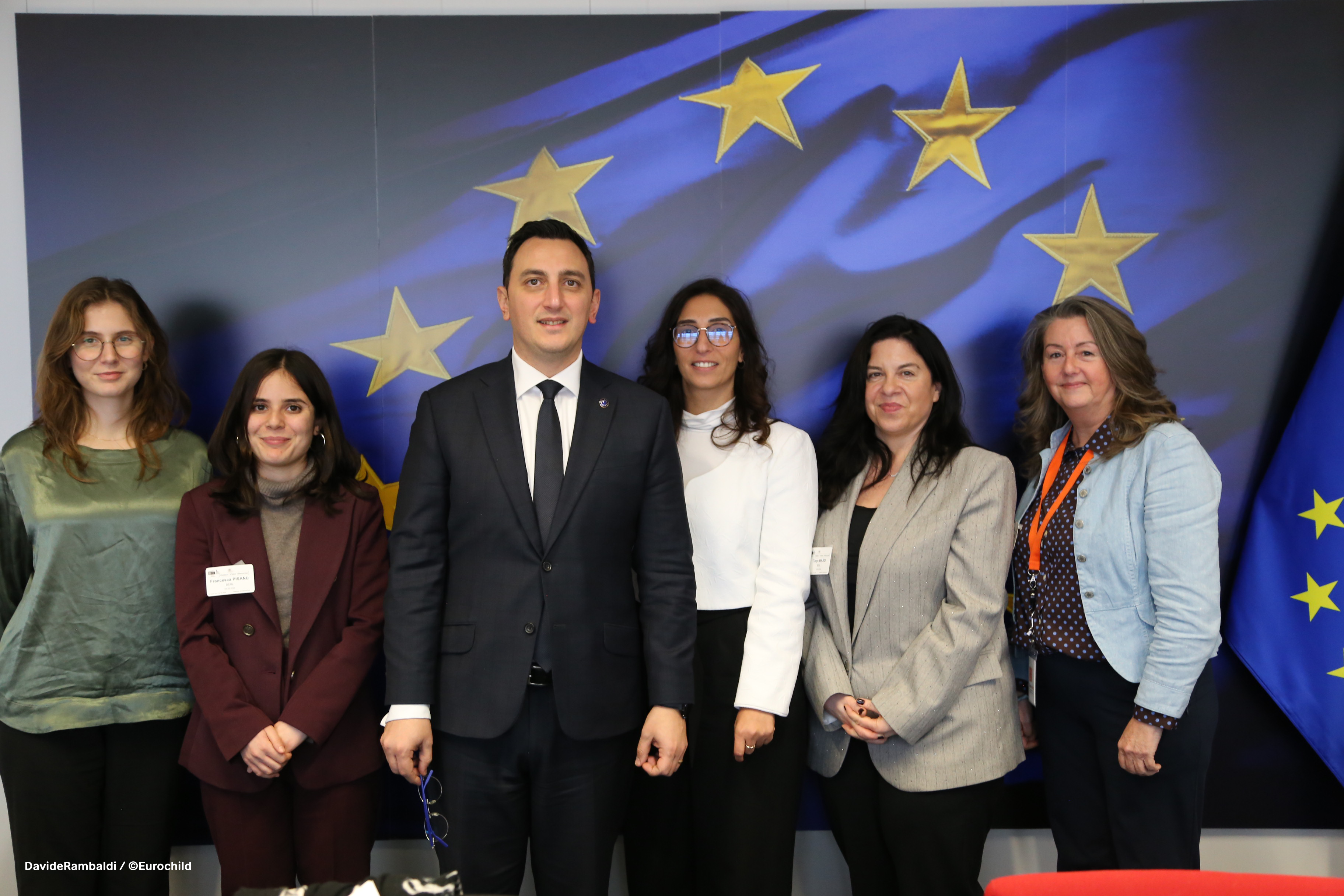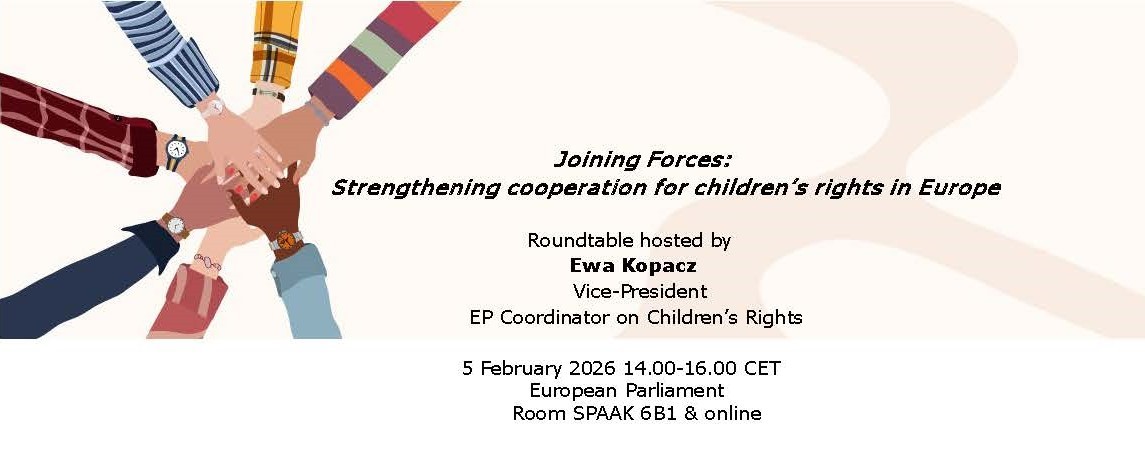Civil Society collaborating for a stronger impact
Civil society organisations (CSOs) are an essential part of democratic societies in Europe playing a crucial role when united in amplifying the voices of the people to their governments.
When CSOs are involved and listened to by decision-makers, not only contribute to more robust policies but also ensure a better alignment with the diverse needs of people. This becomes even more relevant when different organisations sharing common goals, join forces to instigate positive change and exert influence on policymaking.
Eurochild, as the largest network of organisations and individuals working with and for children in Europe, perfectly represents this, directing the collective voices of 200 members across 41 countries toward EU policy-makers and institutions. Moreover, it represents a platform for mutual learning and the exchange of best practices, which makes collaboration among organisations even more meaningful.
In addition to offering a space for collaboration among its members, Eurochild also closely works with other CSOs at EU level through informal alliances and coalitions to bring forward stronger messages. Some examples of this are the EU Alliance for Investing in Children, Child Rights Action Group (CRAG), the European Expert Group on the Transition from Institutional to Community-Based Care (EEG), the EU CSA Legislation Advocacy Group (ECLAG), the Roma Policy Coalition, Initiative for Children in Migration (ICM), the L4WB Community, SDG Watch.
Moreover, Eurochild itself is a member of several networks and working groups. These include, Social Platform, the European Anti-Poverty Network (EAPN), the European Public Health Alliance (EPHA), Child Rights Connect, Lifelong Learning Platform and the Council of Europe’s Steering Committee for the Rights of the Child.
The upcoming year, with the European Parliament elections in June, offers civil society organisations an important window of opportunity to collaborate and address childhood inequalities and make their voices heard at EU and national levels. Our recently published report Children’s Rights: Political will or won’t? already does so by presenting the collaborative work of Eurochild members and by highlighting the future priorities that EU decision-makers and national governments can pursue to address the needs of the most vulnerable children.
Stay tuned for more updates on Eurochild's involvement in civil society EU election campaigns, as we continue working tirelessly to champion the rights of children.





